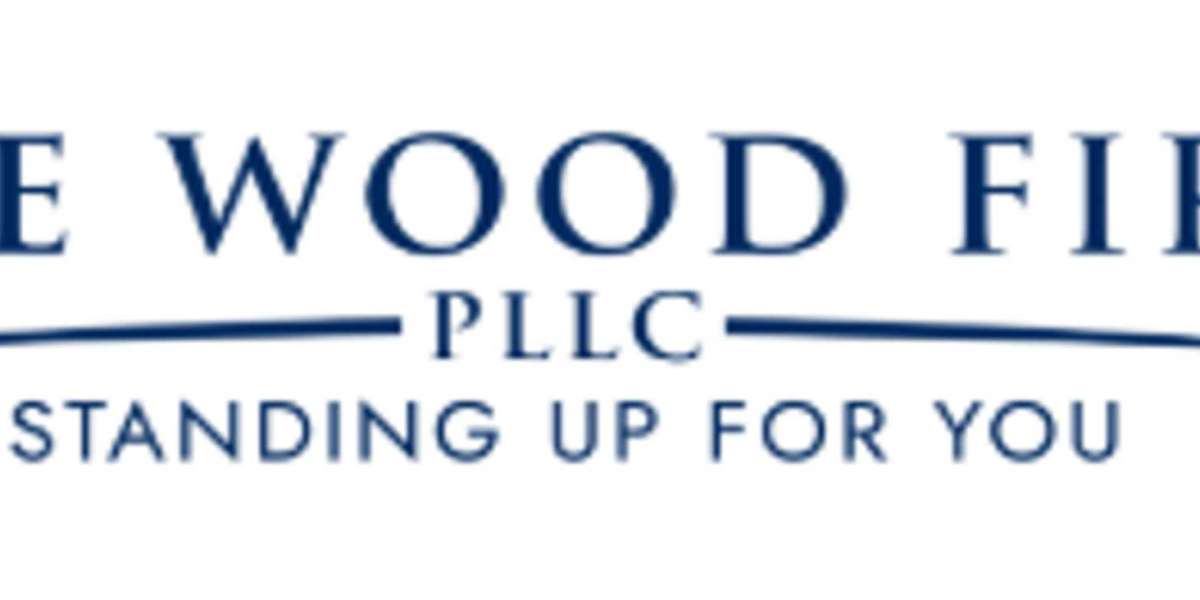In the United States, millions of consumers experience the stress and anxiety that comes with debt collection. While legitimate debt collection agencies play a role in helping creditors recover funds, some collectors use tactics that cross ethical and legal boundaries. Harassing phone calls, threats, and misinformation can quickly turn a financial issue into a personal nightmare. The good news is that U.S. law provides strong protections for consumers. Understanding your rights is the first step toward reclaiming peace of mind and ensuring that no collector takes advantage of your situation. If you’ve experienced these pressures, you may want to contact Stop Collection Attorneys USA Debt Collection Harassment for professional assistance.
What Constitutes Debt Collection Harassment?
Debt collection harassment occurs when collectors use abusive, unfair, or deceptive tactics to pressure consumers into paying debts. These behaviors are explicitly prohibited under the Fair Debt Collection Practices Act (FDCPA), a federal law enforced by the Federal Trade Commission (FTC) and the Consumer Financial Protection Bureau (CFPB).
Common forms of harassment include:
Repeated or excessive phone calls intended to annoy or intimidate you
Threats of arrest or legal action without a legitimate basis
Use of profane, abusive, or threatening language
Contacting your family members, employer, or friends about your debt
Misrepresenting the amount owed or pretending to be a government official
These actions are not only unethical but also illegal. Consumers have the right to demand fair treatment and can take action if collectors cross the line.
Your Rights Under the Fair Debt Collection Practices Act
The FDCPA provides clear rules for how debt collectors must conduct themselves. Knowing these rights can make it easier to identify when a collector violates the law.
Here are some key protections:
Time Restrictions: Collectors cannot call you before 8 a.m. or after 9 p.m. unless you consent.
Communication Limits: Once you notify a collector in writing that you don’t want further contact, they must stop calling you, except to confirm that they won’t pursue the debt or to inform you of a specific legal action.
Verification Requirements: If you dispute a debt in writing within 30 days, the collector must provide verification of the debt before continuing collection efforts.
Honesty in Representation: Debt collectors must accurately identify themselves and cannot misrepresent the amount you owe or the status of your account.
No Threats or False Statements: Collectors cannot threaten to take actions they do not intend or cannot legally pursue.
Understanding and invoking these rights can stop harassment quickly and prevent further emotional or financial harm.
How to Respond to Harassing Collectors
If you’re dealing with aggressive or abusive debt collectors, there are several effective steps you can take:
Stay Calm and Document Everything
Keep a detailed record of every communication, including dates, times, and the names of people who contact you. Save all written correspondence and voicemails. Documentation can serve as evidence if you need to file a complaint or pursue legal action.Request Written Validation of the Debt
Within 30 days of receiving a collection notice, send a written request for debt validation. This forces the collector to provide proof that the debt is legitimate and that they have the authority to collect it.Send a Cease-and-Desist Letter
If calls or letters continue after your request, you can send a cease-and-desist letter. Once the collector receives this, they may only contact you to confirm they are stopping communication or to notify you of specific legal steps.File a Complaint
You can report violations to the Consumer Financial Protection Bureau (CFPB), the Federal Trade Commission (FTC), or your state attorney general’s office. These agencies have the power to investigate and penalize offending collectors.Consult a Debt Collection Attorney
When harassment persists, consulting with a consumer protection attorney can be invaluable. Legal professionals specializing in debt collection harassment can help you stop the abuse, file claims, and even recover damages.
The Role of Attorneys in Stopping Harassment
Attorneys who focus on debt collection harassment understand the complexities of consumer protection laws. They can:
Communicate directly with collectors on your behalf
Review your case to determine if the FDCPA has been violated
Help you pursue compensation for emotional distress or other damages
Represent you in court, if necessary
Many of these attorneys offer free consultations and may only collect a fee if you win your case. This makes legal help accessible to anyone facing harassment, regardless of financial situation.
The Impact of Debt Collection Harassment on Mental Health
Debt collection harassment doesn’t just affect your wallet—it takes a serious toll on emotional well-being. Constant calls, threats, and public humiliation can lead to anxiety, depression, insomnia, and other health issues.
Studies have shown that financial stress is one of the leading causes of mental health decline in adults. The pressure from aggressive collectors can exacerbate these issues, creating a vicious cycle where stress makes it even harder to manage finances effectively.
If you are experiencing these symptoms, it’s essential to seek both legal and emotional support. Mental health professionals and consumer rights organizations can help you rebuild confidence and stability while you navigate financial challenges.
How to Prevent Future Harassment
Once you’ve addressed the immediate harassment, consider taking proactive steps to protect yourself from future issues:
Monitor Your Credit Report: Regularly check your credit reports through AnnualCreditReport.com to ensure debts are reported accurately.
Set Up Written Communication: Request that all debt correspondence be in writing to maintain a clear record.
Know Your Rights: Stay informed about updates to consumer protection laws. The FDCPA, Fair Credit Reporting Act (FCRA), and state laws offer ongoing safeguards.
Negotiate Wisely: If you do owe a legitimate debt, consider negotiating a settlement in writing rather than over the phone. This ensures terms are clear and enforceable.
When to Take Legal Action
If harassment continues despite your efforts, you have the right to file a lawsuit. Under the FDCPA, consumers can recover:
Actual damages (such as emotional distress or lost wages)
Statutory damages up to $1,000 per lawsuit
Attorney’s fees and court costs
Even if the harassment seems minor, filing a claim helps hold collectors accountable and prevents others from experiencing similar mistreatment.
Conclusion
Debt collection should never involve intimidation, lies, or emotional abuse. Consumers in the United States are protected by federal and state laws that demand fair treatment from all debt collectors. By understanding your rights, documenting all interactions, and seeking professional assistance when needed, you can take control of your financial future and stop unlawful practices before they escalate.
If you’re currently facing relentless calls or threats, remember that help is available. Stop Collection Attorneys USA Debt Collection Harassment can guide you through the process of stopping harassment and reclaiming your peace of mind. Taking that first step not only protects you but also strengthens the broader fight for fair consumer treatment across the nation.








